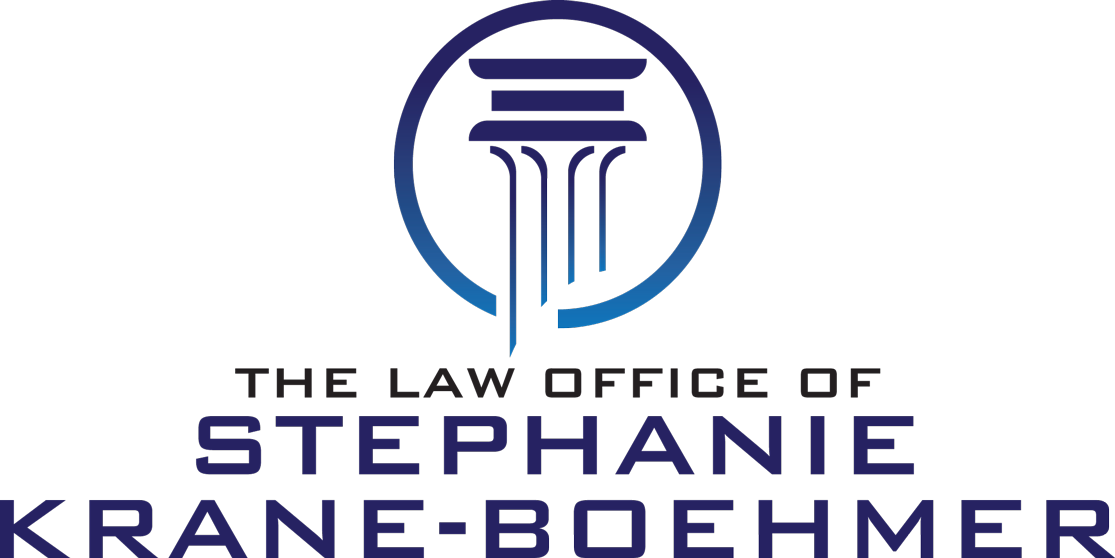Separation and divorce can be a very emotional process, with each party holding a different idea about what is “fair” in a divorce settlement. While some assets, like money in a joint bank account, might be fairly easy to divide, others, like the family home, may carry more emotional value and be more difficult to “split” in a divorce settlement. Before you begin dividing assets or making legal decisions, it’s important to review your divorce settlement checklist to ensure you’re covering all necessary areas.
You’re probably asking yourself – How do I prepare for a divorce? Let’s look at the different types of divorce settlements, and then look at the different things you need to consider – from the marital home, to shared assets and more.
Divorce Settlements – Does Fair Mean a 50/50 Split?
There are two types of approaches to a divorce settlement: equitable distribution or community property. States following a community property approach seek to distribute property and assets as close as possible to a 50/50 split.
Michigan follows the equitable distribution method of divorce settlement, meaning assets will be divided fairly, but not necessarily “equally”. This can be a bit confusing as the definition of what is considered fair varies with each situation.
Of course, this matters most if you are relying solely on the courts to divide your assets. You and your ex-spouse can choose to divide property in a way that seems most fair to the two of you, then formalize your decisions in a Judgment of Divorce. Understanding the legal approach in your state can help guide your choices.
Factors to Determine Equitable Distribution
When approaching property distribution, lawyers or the judge consider factors such as your age, length of your marriage, each individual’s contribution to the combined property, earning ability, spousal behaviour during the marriage, and financial history to determine what is fair for each party.
Marital Property vs Separate Property
Another factor is marital property versus separate property. Assets that are purchased or gained during your marriage are considered marital property. Assets you bring into your marriage or received through a gift or inheritance is generally considered separate property. Marital property is divided during the divorce settlement. Separate property typically is not.
Homes, vehicles, furniture, pension plans or retirement income, businesses, and joint bank accounts are generally considered marital property, regardless of which spouse “earns” or “works for” the asset. For example, if one spouse works out of the home, while the other stays at home with the children, all work income, pension, and bonuses are marital property to be divided.
It is illegal for either spouse to hide assets from property division during a divorce settlement, though some try. If a spouse is discovered trying to hide assets, the court can award a higher percentage of those assets to the other party.
Determining which assets are separate or marital is complex; having an experienced family law attorney on your side can be critical to ensure a fair settlement.
Divorce Settlement Checklist: Key Areas to Consider
Having a divorce settlement checklist is helpful. It’s a tool to guide you through the many considerations that come with ending a marriage. While dividing property may seem like the primary focus, a thorough checklist reminds you that a fair settlement involves much more.
You’ll need to think about shared assets and debts, future income, living arrangements, and decisions around child custody and support. It’s also important to revisit things like insurance coverage, estate planning, and spousal support. Taking the time to organize these areas before negotiations begin can help you stay focused, avoid emotional decision-making, and ensure nothing critical is overlooked. By preparing ahead, you’re more likely to reach a settlement that protects your long-term financial and emotional well-being.
Here are the key areas to review and include in your checklist:
Assets & Debts
-
Inventory all marital property: real estate, vehicles, furniture, collectibles, etc.
-
List all separate property (pre-marital or inherited assets)
-
Account for all financial accounts: checking, savings, investment, and retirement
-
List debts and liabilities: credit cards, loans, mortgages, tax debt
Income & Employment
-
Document both spouses’ income sources
-
Gather recent pay stubs, tax returns, and employment benefits info
-
Understand pension, bonuses, and stock options that may be divided
Child-Related Matters
-
Outline a proposed custody and parenting time arrangement
-
Plan for child support and potential additional expenses (e.g., daycare, education)
-
Include decisions about holidays, school choices, and medical care
Spousal Support
-
Evaluate whether spousal support (alimony) is needed
-
Determine the amount and duration based on financial needs and lifestyle
-
Factor in future income potential for both parties
Housing & Living Arrangements
-
Decide who will stay in the marital home or whether it will be sold
-
Budget for new living expenses and relocation costs
-
Consider stability for children when determining housing
Insurance & Estate Planning
-
Update life insurance beneficiaries and coverage as needed
-
Review health, dental, and disability insurance transitions
-
Revise wills, powers of attorney, and estate plans
Legal & Emotional Support
-
Retain a qualified family law attorney
-
Consider a financial advisor or mediator for complex decisions
-
Seek emotional support through counseling or divorce support groups
Who Gets the House?
Some believe that the spouse who has custody of the children automatically keeps the house, but that is not the case. The easiest way to settle is to sell the house and divide the proceeds in the divorce settlement. But the “easy” way is not always the right way. Some are attached to their homes and want to keep them. Others want to keep the home to ensure stability for their children.
If one spouse wants to remain in the house, there are a few ways to handle the situation. One is for the spouse to buy out the other spouse’s interest in the property. Another is to jointly hold the house in both names for an agreed-upon time ( for example, once the child becomes an adult or leaves the home).
Divorce Settlement is More than Just Property
Of course, your life is more than just your bank accounts, vehicles, or real estate. Divorce settlement will also involve emotional decisions around child custody, child support, parenting plans, and spousal support (or alimony). Discussions around children, in particular, can be very difficult. It is important that you consider your child’s needs first in any decisions around parenting…or property division.
Settling Your Emotions
Going through a divorce can take its toll on you, your family and your friendships. While in time you will adjust to your new normal, you should be prepared for the emotional toll. For some tips on how you can manage the emotions of divorce, read our blog, 10 Tips to Help Recover After Divorce and Tips on Talking to your Children about Divorce.
Stephanie Krane-Boehmer – Working with You for a Fair Divorce Settlement
Navigating a divorce requires careful consideration of various factors to ensure a fair settlement. By understanding the distinction between marital and separate property, utilizing tools like divorce calculators, and following a comprehensive divorce preparation checklist, individuals can make informed decisions. Preparing adequately not only safeguards your financial interests but also sets the foundation for a stable post-divorce future.
Whether you are already separated and are considering divorce, or just have questions about what you might expect during divorce proceedings, contact Stephane Krane-Boehmer. When negotiating a divorce settlement, you will need to make a lot of important decisions that could affect your life. Stephanie guides her clients through the process with empathy and support, and has the experience you need to ensure you and your family are protected in the divorce settlement.
Contact us for a free consultation today. We offer affordable fees and payment plans.
Follow the Law Office of Stephanie Krane-Boehmer on Facebook.


